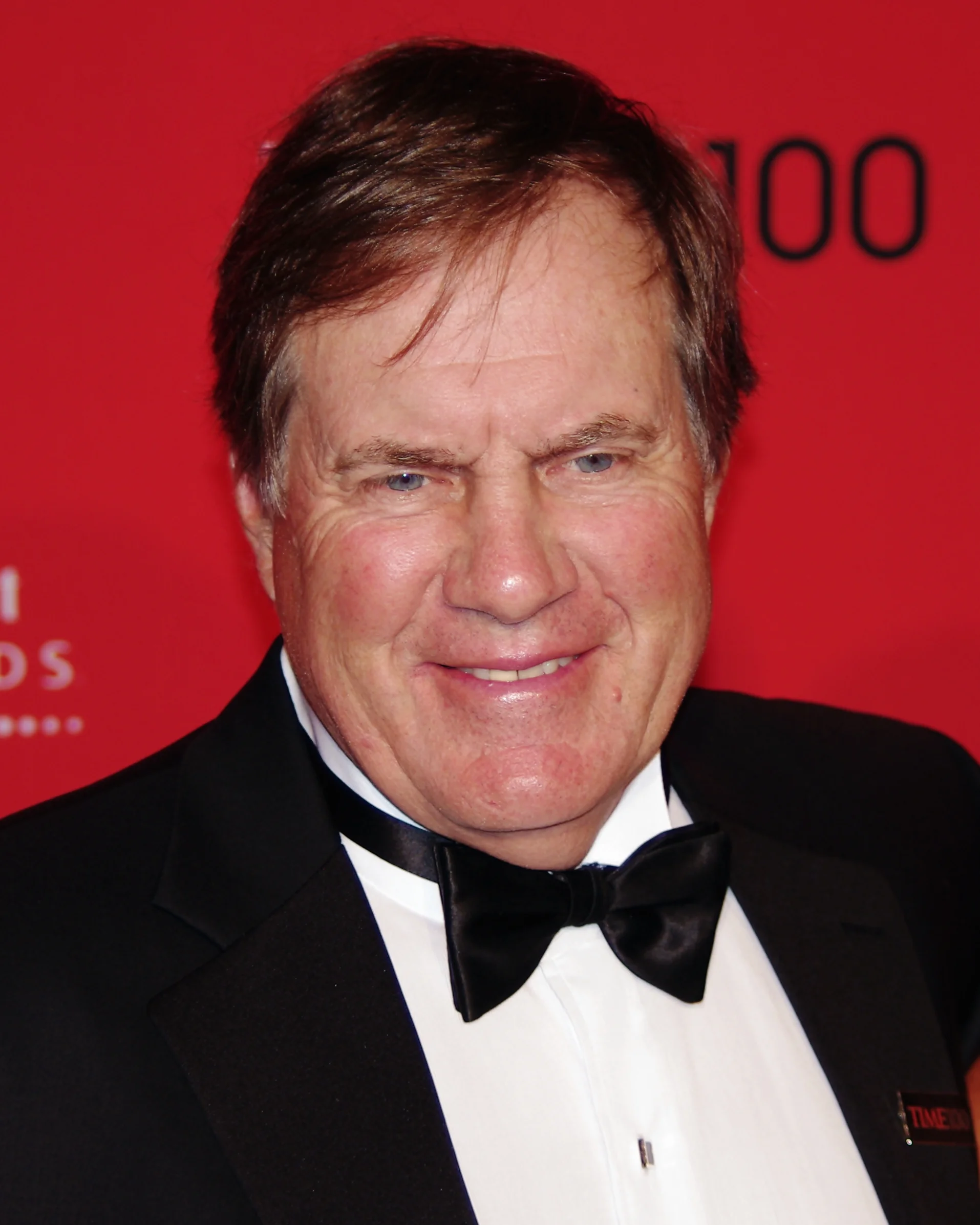Photo By David Shankbone (Own work) [CC BY 3.0 (http://creativecommons.org/licenses/by/3.0)], via Wikimedia Commons
Bill Belichick is the greatest football coach of all time. That's at least up for argument this morning after he won his fifth super bowl and crowned a dynasty in a free agent football era. For all the things written about his coaching "genius", one thing has always stuck out to me. In a world where coaching hires are still often made on the basis of playing ability, Bill Belichick stands as the strongest possible counterargument.
Football wasn't even Belichick's best sport. He was better at Lacrosse, where he managed to become captain of Division III Wesleyan University varsity team his senior year. Think about that for a second. Bill Belichick was a below average Division 3 college football player (Wesleyan plays in the NESCAC, a Division III league that forbids its members from post-season play).
Look further down Belichick's coaching staff, and you'll be hard pressed to find a "star" athlete making game plans. Defensive Coordinator Matt Patricia played at Rensselaer Polytechnic Institute. Offensive coordinator Josh McDaniels was also a Division III player.
Coaching and playing a sport are two totally different skill sets. I've often compared the practice of hiring coaches based on what they achieved athletically to hiring a competitive eater as the executive chef of your restaurant. Yet despite the obviousness, coaching hires continue to happen.
You don't have to look far in the swimming community to see the wealth of coaching opportunities given to former "top" athletes. While some do turn into great coaches (I'm looking at you Rick DeMont), many contribute heavily to the stagnation of coaching development. They try to coach the way they were coached and don't look to advance coaching.
I can guarantee you that Bill Belichick coaches very differently from his coach at Wesleyan in the 1970s. The innovations, the tactics, the ability to get players who "didn't fit" elsewhere to be stars on his team all came from a humble athletic career. That career forced him to think a lot about what it took to influence the winner of the game without his own playing prowess.
So the next time you're making a coaching hire, look for those inquisitive minds. Look for the nerds who never caught your attention between the lane lines but did plenty of thinking on the poolside.

